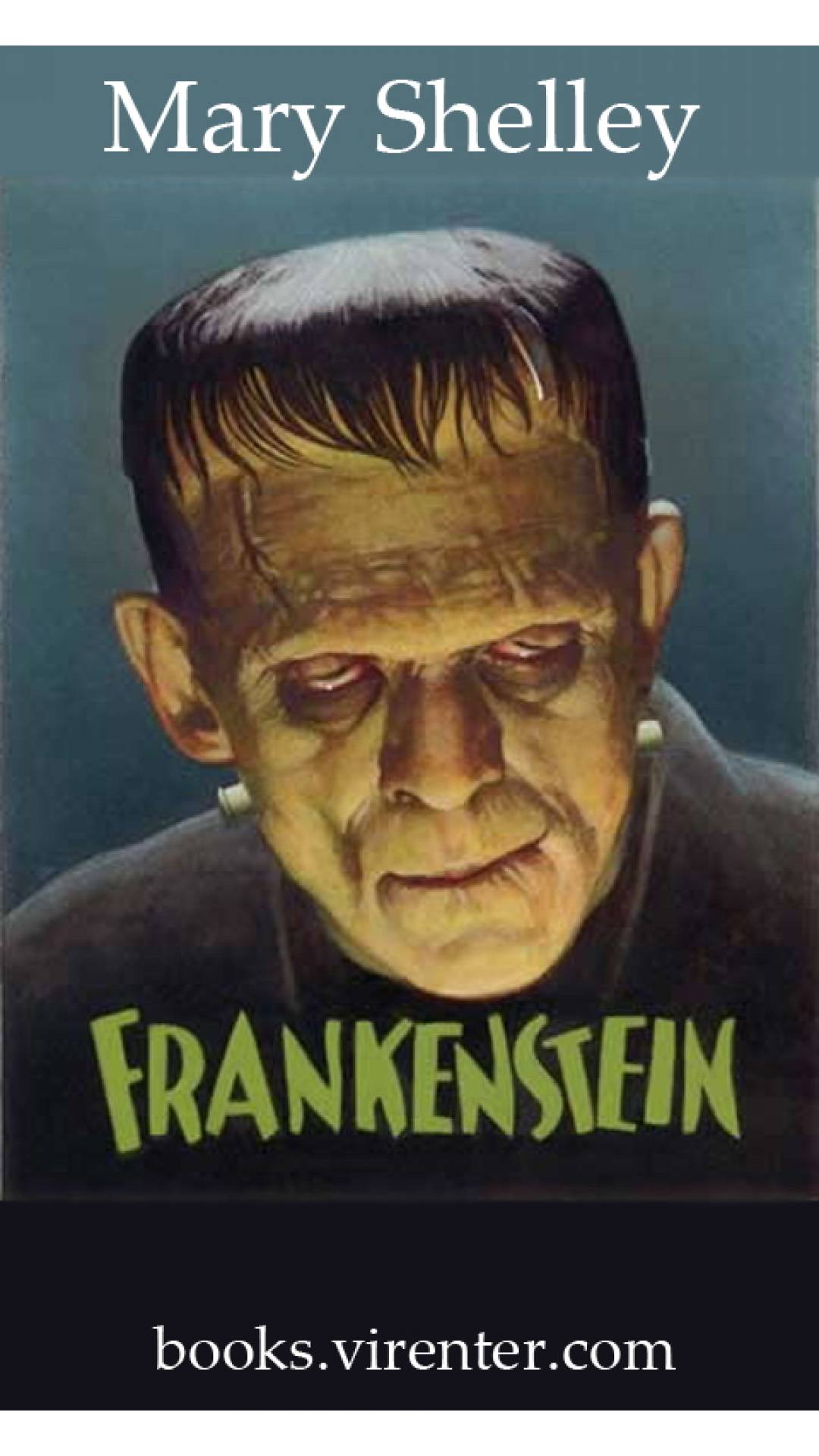Download free book'Frankenstein'
Mary Shelley
Frankenstein
Step into the haunting world of Mary Shelley’s Frankenstein, a groundbreaking masterpiece of Gothic literature. Frankenstein is written in the form of a frame story that starts with Captain Robert Walton writing letters to his sister,
Published in 1818, this timeless novel tells the chilling tale of Victor Frankenstein, a brilliant scientist whose quest to unlock the secrets of life leads to tragic consequences. When Victor succeeds in creating a living being from assembled parts, he unleashes a creature both monstrous and profoundly human. As the narrative unfolds, themes of ambition, morality, and the dangers of unrestrained scientific experimentation come to life. Shelley’s vivid storytelling and profound insights make Frankenstein a compelling exploration of humanity’s quest for knowledge and its potential perils.

First published in 1818, Mary Shelley’s Frankenstein is a cornerstone of Gothic literature and one of the earliest works of science fiction. The novel tells the gripping story of Victor Frankenstein, a scientist driven by ambition, whose creation of life brings about devastating consequences. With its blend of horror, morality, and profound philosophical questions, Frankenstein remains a timeless exploration of human nature and scientific responsibility. The story begins with Victor Frankenstein, a young scientist from Geneva, recounting his tale to an Arctic explorer, Captain Walton. Consumed by a desire to conquer nature and uncover the secret of life, Victor assembles a creature from human remains and succeeds in bringing it to life. However, he is horrified by his creation’s grotesque appearance and abandons it in fear. The creature, rejected and isolated, seeks understanding and companionship but faces only hostility. As it learns about human society, it becomes increasingly resentful of its creator. The narrative spirals into tragedy as the creature’s loneliness and anger lead to a cycle of revenge and loss that culminates in a dramatic confrontation between creator and creation. Frankenstein is more than a tale of horror; it is a profound exploration of ambition, ethics, and the human condition. Central to the novel are questions about the limits of scientific discovery and the moral responsibilities of creators toward their creations. Shelley’s portrayal of the creature blurs the lines between monster and victim, forcing readers to reflect on the nature of humanity and compassion. The novel’s Gothic elements—dark settings, emotional intensity, and themes of isolation and decay—create a haunting atmosphere that complements its philosophical depth. Shelley’s innovative blend of Gothic and science fiction has influenced countless works, cementing Frankenstein’s place as a literary classic. Mary Shelley’s Frankenstein continues to resonate in modern times as debates about science, ethics, and humanity’s impact on nature remain ever-relevant. The novel’s warnings about the consequences of unchecked ambition and the importance of responsibility serve as poignant reminders in an age of rapid technological advancement. For contemporary readers, Frankenstein offers a gripping narrative and enduring themes that provoke thought and discussion. Its exploration of loneliness, identity, and the pursuit of knowledge ensures its relevance across generations. Mary Shelley’s Frankenstein is a masterpiece that transcends its Gothic roots to become a profound exploration of human ambition and morality. Whether you are a first-time reader or revisiting this classic, its timeless themes and chilling story continue to captivate and inspire. It is a tale of creation, consequence, and the enduring quest to understand what it means to be human.Frankenstein by Mary Shelley: A Gothic Masterpiece
Introduction
The Plot of Frankenstein
Themes and Literary Significance
Why Frankenstein Matters Today
Conclusion